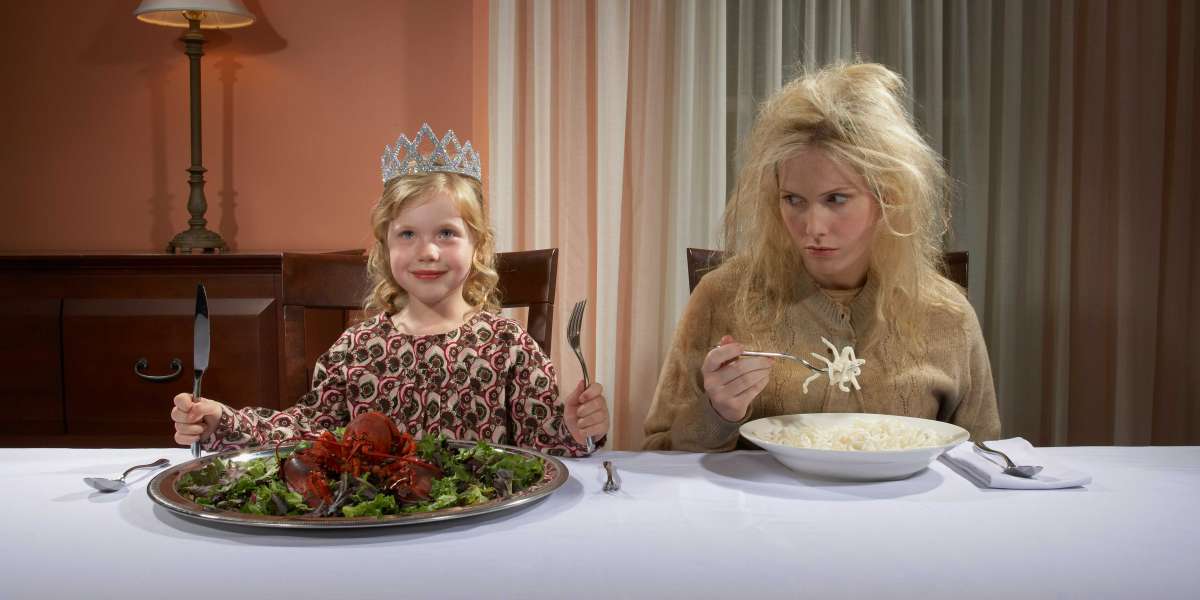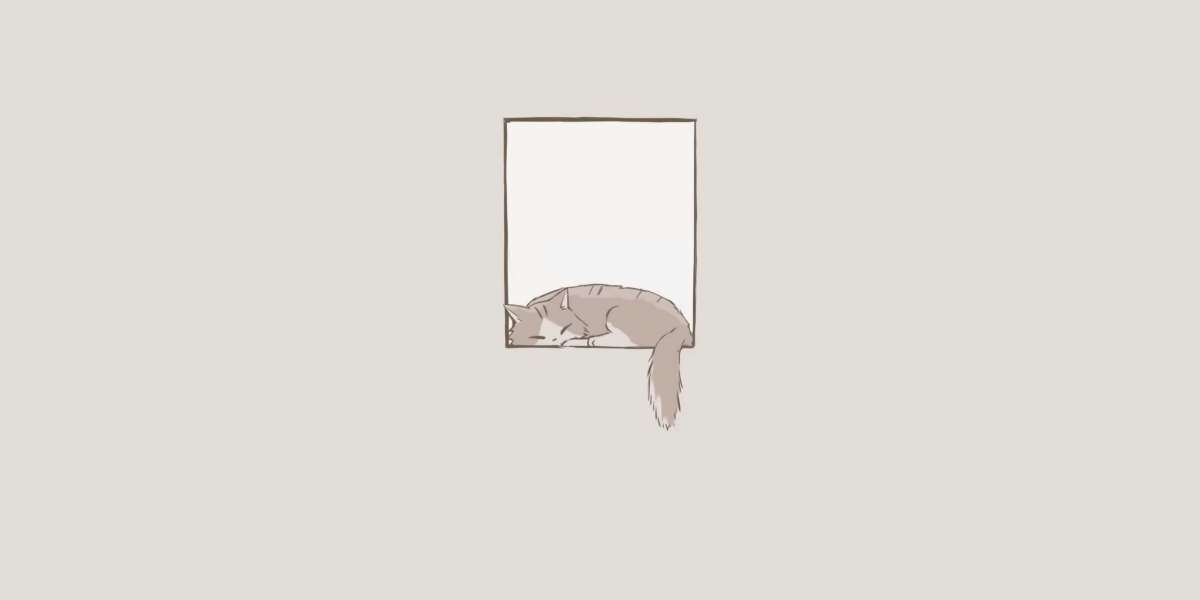Comparision. Sometimes Good, Sometimes Not
When you compare yourself to others (not for self-improvement, which can be positive), it can lead to an uneasy, jealous type of feeling.
The Emotional Impact of Comparison
Some people start by comparing themselves to others and end up feeling jealous. What's the difference? Comparing and envying someone can stem from wanting to possess a quality or thing that someone else has.
With jealousy, you may feel that someone else is receiving the attention or opportunity that you desire for yourself. This feeling can make you believe that because of them, you are deprived of something you want.
Comparing is about recognizing differences, whereas jealousy is about feeling threatened or left out. Both can create low-energy vibrations that are unhealthy to dwell in for long.
How to Handle Comparison Positively
- Tune In: Pay attention to your feelings when you compare yourself to others.
- Positive Comparison: Use comparison as a tool to inspire and motivate yourself to improve.
- Avoid Jealousy: Recognize jealousy as a low-frequency emotion and redirect your focus to personal growth.
By understanding the differences and impacts of comparing and jealousy, you can choose to engage in positive comparison to better yourself. Remember, staying in low-energy vibrations is not beneficial, so always aim to uplift and motivate yourself.
X,Cathlene









Cathlene 1 y
so true